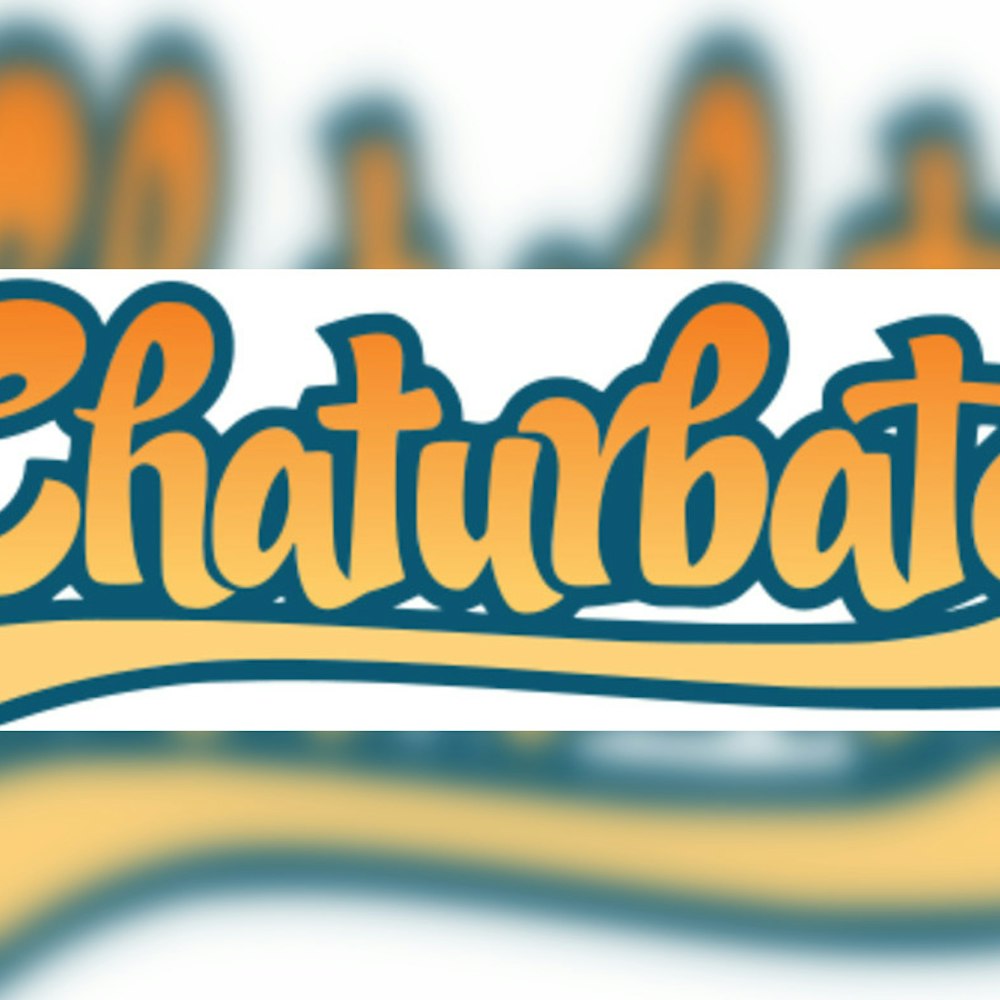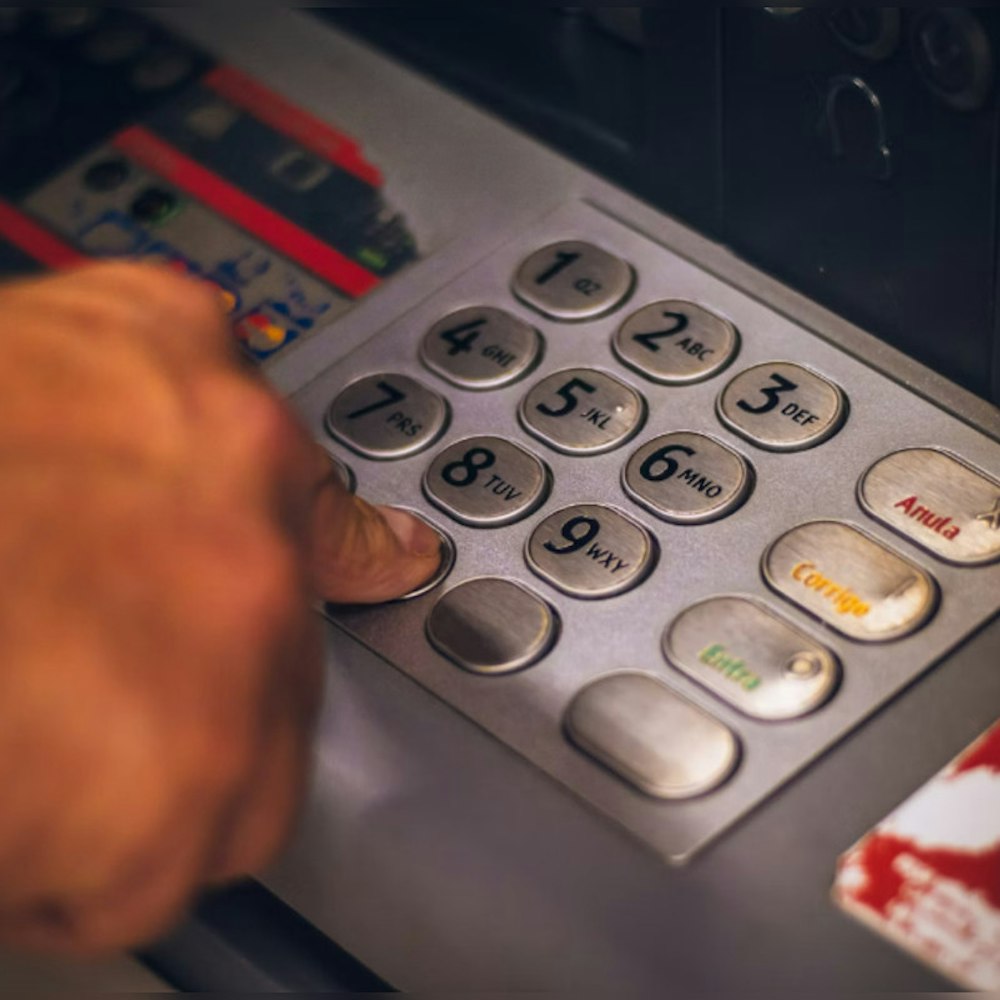
Homeowners in Douglas County, Illinois, take note: your property tax arithmetic just got a slight tweak. The Illinois Department of Revenue has rolled out the new property assessment equalization factor, or in plain speak, the "multiplier," now sitting at 1.0202, as per the top brass at IDOR, David Harris. This little adjustment is meant to keep the tax playing field level across the county lines, ensuring no one's paying more than their fair share.
Considering some taxing districts stretch out over multiple counties, without this bit of balance, your bill could look a whole lot different than your neighbor's just a county over for pretty much the same digs. The state's been sticking to this rule since '75 because they've got a notion that property should be pegged at a third of the market value. With assessments in Douglas County currently hovering at 32.67% of market value, based on sales data from the past three years, it's clear as to why the state is reaching into its equalization toolkit.
The number to remember for 2023 taxes, which you'll be paying in '24, is that new 1.0202 factor, up from last year's even-steven 1.0000. All this number crunching sprang from a public hearing on the tentative number published back in January, as reported by the Illinois Department of Revenue. But don't get it twisted, this doesn't mean your tax bill's necessarily going up or down. That's on the local taxing bodies that decide how much dough they need to cover the neighborhood's needs each year.
So when those tax bills land in mailboxes, don't shoot the messenger – or the multiplier, for that matter. It's not the one calling the shots on the total amount due. It's just dishing out the tax burden pie, ensuring everyone gets their just slice. And if the taxing districts haven't gotten greedier than last year, your total property taxes might just hold steady, even if your assessment's on the rise. Bottom line: your slice of the tax pie is really about your property's assessed value, not this annual equalization dance step.



-2.webp?w=1000&h=1000&fit=crop&crop:edges)





